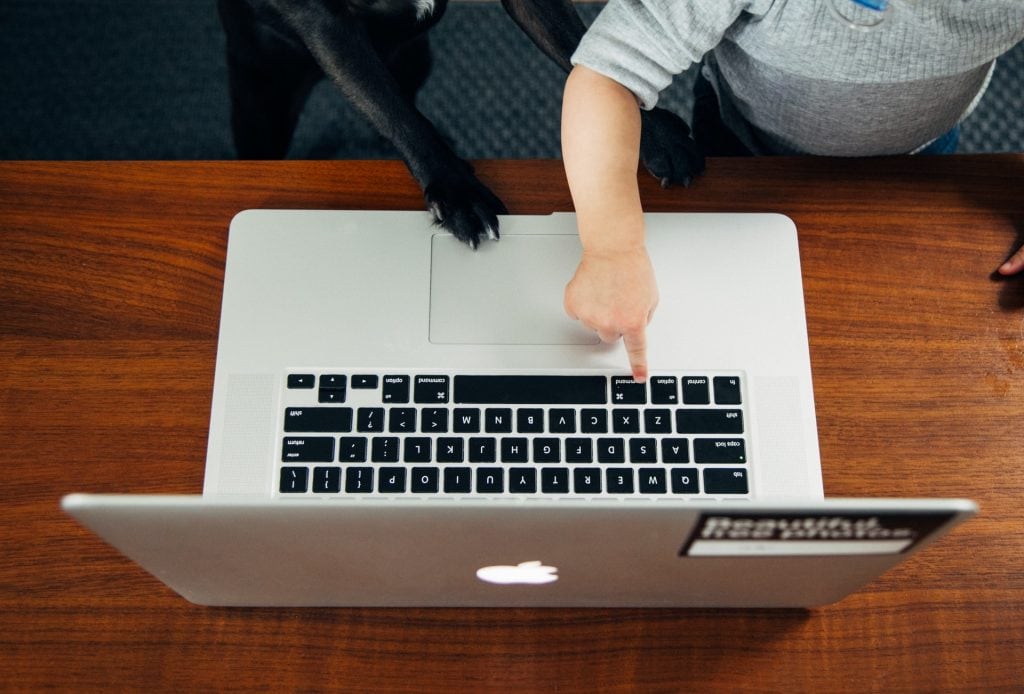As we all know, Covid has forever changed the way we work. Whatever thoughts, opinions, enthusiasm or reluctance that existed in the pre-pandemic world regarding flexible working were shifted literally overnight. A concept that was in the pipeline—and already being implemented in some sectors, particularly tech—was, by sheer, necessity, accelerated by five or ten years into being the present norm.
The consequence was a swift and mass adaptation by both employers and employees. We started working from our kitchens, lounges, bedrooms and gardens; we no longer wasted time commuting; we discovered the joys and perils of the daytime demands of children and/or pets; we liked that we could take lunch when we wanted and go for a walk if we felt like it. And for better or worse, we discovered this thing called ‘Zoom’.
A strange thing happened—everything changed, yet nothing changed. Left to their own devices (“Freeedom!”) pyjama’d employees did not go out of their minds and stop working—if anything, productivity went up. And while a lot of businesses unfortunately folded, that had everything to do with the pandemic and nothing to do with lazy and/or uncooperative staff.
Apart from weight-gain from too much snacking, and the horror of your partner stumbling underpanted into the background of your Zoom call, the main downside of WFH was the emotional strain it induced in a lot of people. This UK survey found that out of the 3,000 remote workers interviewed, more than two-thirds felt ‘disconnected’ from their colleagues, 42% felt lonely, a staggering 80% said they’d spoken to their manager just once in the past ten days, and 32% said WFH is negatively impacting their mental health.

Photo by Charles Deluvio on Unsplash
But once the pandemic eased and the slow return to ‘normal’ began, another strange thing happened—despite the sense of disconnect and calls for a return to the office, many did not want to come back, at least not in the same way as before. Businesses and recruiters reported that the option for full-time WFH or at least flexibility was now at a the very top of a candidate’s list of conditions of employment. The vast majority even agreed they were prepared to take a pay cut for the right to continue WFH. Some companies who demanded a return to five days a week in the office started to bleed their talent—nobody, it seemed, wanted to go back to the previous model. And hurrah for that.
So, another adaptation was required.
The result is hybrid working—the perfect balance between abandoning the office completely and keeping people connected, while also promoting better work-life balance and a marked sense of greater meaning and happiness in your job.
The much-maligned office has been refreshed, too. The reduced capacity—gone are rows and rows of cubicles—has morphed it into a place more conducive to spontaneous and unstructured collaboration—the kind of juggling of creative ideas that organised, formal meetings can sometimes blunt. Many businesses are also seizing the opportunity to transform now unused sections of their office into co-working hubs for rent, as well as event spaces.
For the time being, the hybrid working model appears set to stay. But, as with anything ‘new’ it will undergo tweaks and changes as it progresses. We have come this far in less than two years, albeit through necessity rather than design—what will the workspace look like in five or ten years? What role will things like artificial intelligence and virtual reality play in the near future? What about those companies who are already successfully implementing four-day weeks—will the rest of the world soon follow suit? And what about our future perceptions regarding the meaning of work, will the very the idea of permanent employment and a management structure become extinct?
- To hear the views of experts and local businessmen, and get involved in the discussion around hybrid working, attend our free event on 24 November, as part of the BCP Evolve Business Festival. It promises to be a fascinating and eye-opening evening.
